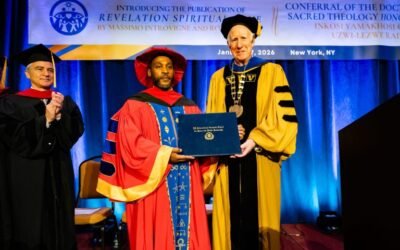Moving from Martial Law towards democracy, Taiwan was in need of transitional justice. Did it fully come?
by Tsai Cheng-An
Article 1 of 7.
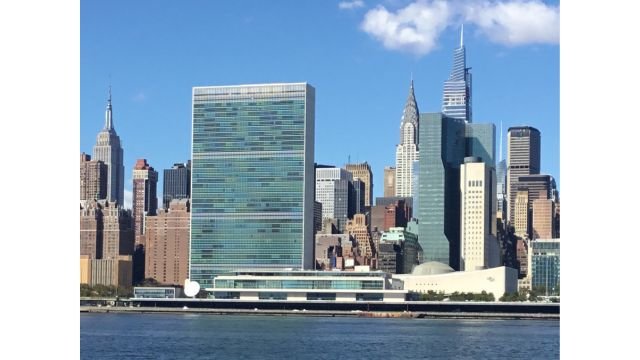
This series first reviews the relationship between transitional justice and human rights, explaining that transitional justice not only assists post-conflict societies to move from authoritarian regimes to political democratization, but also deepens the political governance of a country ruled by the law.
In the second article, the series follows the evolution of Taiwan from an authoritarian non-democratic regime under the Martial Law to a post-authoritarian regime, and finally to a full-blown democracy, although one where residual effects of the past non-democratic systems are still at work. Freedom of religion or belief (FoRB) was also not guaranteed in the Martial Law era, as evidenced by the cases of the New Testament Church and Yiguandao.
FoRB was also limited in the post-authoritarian era, and the third article examines the politically motivated crackdown on several religious movements that happened in 1996. This crackdown had an aftermath with the 28-year-long and still unresolved Tai Ji Men case, discussed in the fourth article. The fifth and sixth articles examine the problems of Taiwanese democracy and the attempts by various governments to effectively implement transitional justice, and lead to the seventh article, a conclusion arguing that more should be done.
Transitional justice is a concept that emphasizes the need to confront historical errors and pursue the realization of social justice. The idea has existed as early as the classical Athens period, but the corresponding theory was formulated only in the 20th century. According to legal scholar Ruti G. Teitel, the sources of modern transitional justice were the trial and punishment of war criminals after World War II. Therefore, the United Nations adopted the Convention on the Prevention and Punishment of Genocide in 1948. The Universal Declaration of Human Rights, the Nuremberg Trials, and the Tokyo Trials are all connected with transitional justice.

Later, the development of transitional justice was closely related to the democratization movement of the international community in the post-Cold-War period, especially the political transformations in Latin America and Eastern Europe in the late 1980s. During these transitions, answering the question how to effectively solve the problem of systematic abuse by the former regimes was a requirement for the promotion of justice.
At the end of the 20th century, with the collapse of the Soviet Union, many regimes underwent competing processes of political transformation. Transitional justice at this stage reflected the uniqueness of the world political pattern in the post-Cold-War period and was closely linked to the development of global international politics. As a result of such developments, transitional justice gradually became a new model for the governance principles of democratic and law-based countries, by providing a conflict resolution mechanism.
The need for “transitional” justice arises when a specific regime has committeed major human rights crimes during its ruling period. After the regime is replaced, citizens hope that the state will rectify and compensate for these crimes, to overcome the past and create an entirely new situation. Transitional justice is part of a society’s transition from authoritarian to democratic. It is generally believed that the leaders of the succeeding regime have the responsibility to correct the mistakes and crimes committed by the old regime, vindicate historical injustice, and pursue social transformation. This is both a legal obligation and a moral responsibility a democratic society should not evade. Transitional justice ultimately emphasizes the protection of personal safety, the improvement of the quality of life, and the democratic development of political power to realize the universal values of human dignity and human rights protection.
Transitional justice is based on the theory of social contract justice, emphasizing the dignity of humanity and the protection of human rights, and the realization of the ideal of the rule of law. It is the ultimate goal pursued by the transitional society to realize the ideal of democracy and the rule of law. The goal pursued is political democratization. Without the operation of a democratic government, the concept of transitional justice will be difficult to implement. The two are closely interdependent.
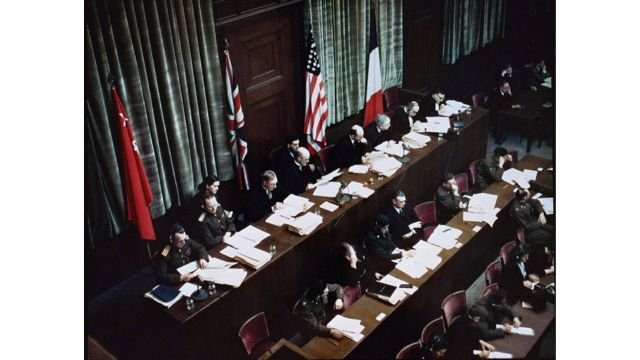
Rehabilitation of historical injustice alone does not guarantee democracy. A democracy also includes elements such as regular elections, a sound civil society, and an independent judicial system. Conversely, democracy alone does not correct, rehabilitate, and make up for the harm caused by historical injustice.
Not only can transitional justice promote the democratic transformation of the society in transition, but it is also an important tool for the implementation of human rights protection. Transitional justice does not mean passively bidding farewell to the authoritarian rule of the past only, it has also an active character that implements democratic governance, and optimistically faces the future. Transitional justice investigates the illegal past of the old regime and exposes the truth about human rights violations. Its ultimate goal is to establish a new social order that cherishes and protects human rights.
Transitional justice, together with the promotion of human rights, is closely related to the development of international law. Through the formulation of the United Nations Charter, and the norms of other international conventions, individuals are endowed by international law with the legal foundation to request the redress of human rights violations from their own countries. The development of international human rights law has given to those who had been victims of state atrocities a basis for claiming compensation or redress from the state. Conversely, according to the relevant norms of international law, the state also has the obligation to protect the human rights of its citizens.
On the one hand, the state is obliged to prevent violations of human rights. On the other hand, once human rights are violated, the state should investigate what happened, take appropriate actions against the perpetrators, and provide compensation to the victims. Since the international law includes such a provision, the state is under an obligation to comply with it. Once the citizens’ rights protected by international law are violated, the state has the responsibility and obligation to take a series of corrective measures and compensate for the violation. Specific actions must effectively respond to the actual needs of the victims.
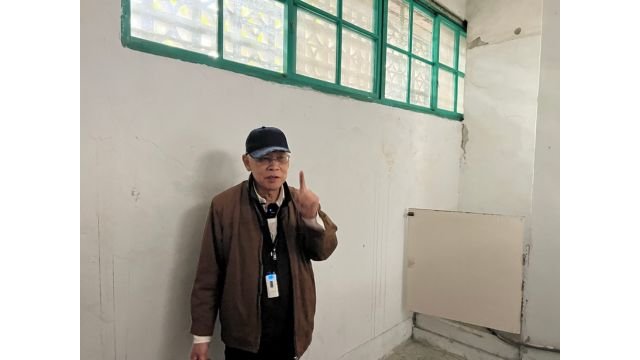
Transitional justice is needed because, when certain countries try to overcome their past, they must use appropriate methods to solve the problems left by the old regimes. Otherwise, historical injustices will not be rehabilitated, and the society will not be able to complete a successful transformation. The common transitional justice mechanisms approved by the international community include judicial trials, the establishment of truth inquiry committees, public apologies, amnesties, restoration and compensation measures, and so on.
As an international organization that protects basic human rights, the United Nations have spared no efforts to promote transitional justice over the years. Not everywhere, however, have they been followed.
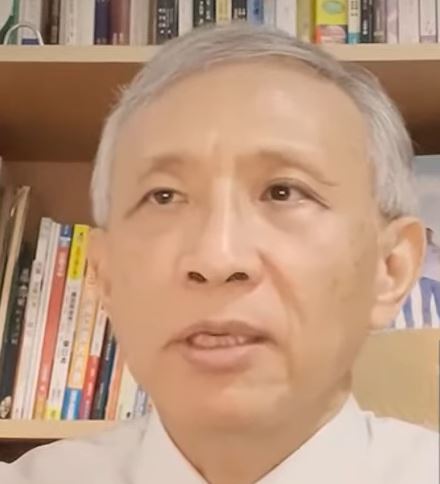
Tsai Cheng-An received his Ph.D. in Technology Management from National Chengchi University and his MS in Industrial Engineering from National Tsinghua University in Taiwan. He teaches innovation management, business model analysis, and new business development strategies at Shih Chien University, Taipei, Taiwan. Prior to his academic career, he had 18 years of practical experience in the industry, and his research interests are in decision making, business model innovation, and corporate entrepreneurship, as well as in the area of transitional justice and freedom of religion or belief. He has published in the International Journal of Entrepreneurial Behaviors & Research (SSCI), Technology Analysis and Strategic Management (SSCI), Logistics (SCIE), Management Review (TSSCI), Journal of Management (TSSCI), Sun Yat-sen Management Review (TSSCI), Journal of Science and Technology Management (TSSCI) and Forum for Industry and Management (TSSCI).


